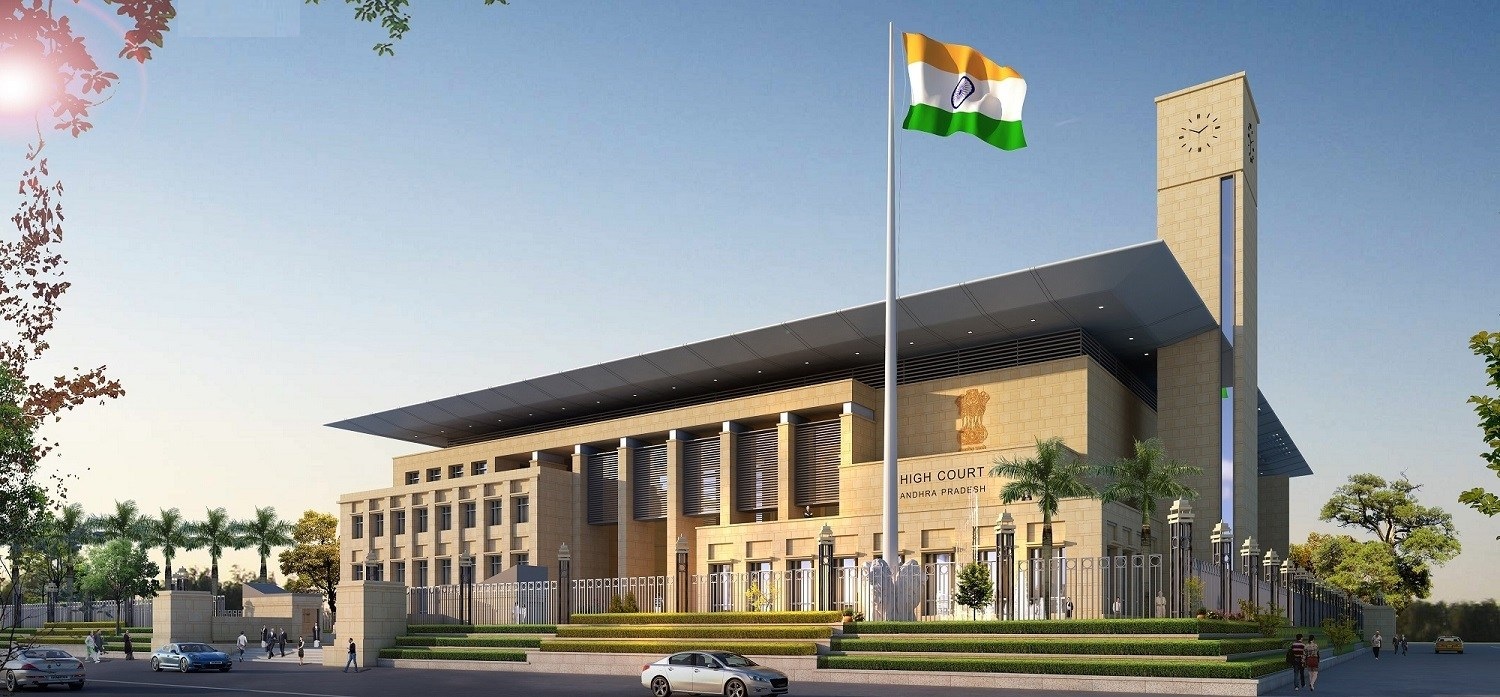-
by Admin
15 February 2026 5:35 AM



Justice T. Mallikarjuna Rao emphasizes need for cautious use of detention powers, grants anticipatory bail to relatives of accused under strict conditions.
In a significant ruling, the Andhra Pradesh High Court granted anticipatory bail to Jallepalli Srinivasa Rao and Jallepalli Vara Lakshmi, relatives of the accused husband in a dowry death case. The judgment, delivered by Justice T. Mallikarjuna Rao, emphasized the fundamental right to liberty and the presumption of innocence, asserting that arrest should be the last resort and underlined the necessity for careful exercise of detention powers.
The criminal petition, filed under Section 438 of the Code of Criminal Procedure (Cr.P.C.), sought anticipatory bail for the petitioners, who were implicated in a case involving alleged dowry harassment leading to the suicide of the deceased. The prosecution alleged that the deceased’s marriage to A.1 involved substantial dowry, and subsequent harassment led to her tragic death. The petitioners, A.4 and A.5, contended they were not involved in the marital disputes and had no direct connection to the alleged harassment.
Justice Rao stressed the importance of liberty and the presumption of innocence, quoting, “The law presumes an accused to be innocent until his guilt is proven. As a presumably innocent person, he is entitled to all the fundamental rights, including the right of liberty, guaranteed under Article 21 of the Constitution of India.”
The court noted that the petitioners, who were close relatives but not residing with the deceased, were implicated in the case without substantial evidence. “The material on record does not indicate that these petitioners reside with the deceased and A.1,” observed Justice Rao. He highlighted the lack of prima facie evidence linking the petitioners directly to the alleged harassment.
The court examined the petitioners’ roles, noting, “No specific allegations, prima facie, have been presented against the petitioners that would hold them responsible for the deceased’s death.” The judgment criticized the practice of indiscriminate arrests and emphasized the need for a cautious approach, particularly in cases involving personal liberty.
Justice Rao elaborated on the principles governing anticipatory bail, asserting, “Arrest should be the last option, and it should be restricted to those exceptional cases where arresting the accused is imperative based on the facts and circumstances of that case.” He further stated, “The attitude of arresting first and then proceeding with the rest is despicable. It has become a handy tool for police officers who lack sensitivity or act with oblique motives.”
The court granted anticipatory bail to the petitioners with specific conditions, including their surrender before the Station House Officer within two weeks and regular cooperation with the investigation. Justice Rao clarified that the observations made in the order were preliminary and did not reflect the merits of the case. The judgment reinforced the judiciary’s commitment to upholding personal liberty and the presumption of innocence, setting a precedent for cautious and judicious use of detention powers.
Date of Decision: 18th June 2024
Jallepalli Srinivasa Rao and Jallepalli Vara Lakshmi vs. State of Andhra Pradesh
